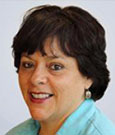
Carolina Barillas-Mury
National Institute of Allergy and Infectious Diseases,
USA
EMBL Conference
While onsite conferences at EMBL have been paused in response to the global COVID-19 situation, we remain committed to sharing the advances of the malaria research community. We are delighted to announce that BioMalPar XVI will happen in a virtual streaming platform this year!
Check out the complete meeting report provided with the support of the MESA Alliance.
Malaria remains one of the most significant global public health challenges, with more than 200 million clinical cases worldwide each year. The lack of an effective licensed vaccine and the continual emergence of drug-resistant malaria parasites make the search for new control and prevention strategies more important than ever. Additionally, to achieve malaria elimination, we require the generation of fundamental knowledge to facilitate the development of new tools for intervention. Malaria research is a highly collaborative field that relies on the contribution of unique resources, technologies and biological advances. Accessibility and timely sharing of these advances through the establishment of new collaborations is vital for their translation into public health impact.
The 16th BioMalPar conference will address fundamental questions of the biology of the malaria parasite, its vector, the immune response of the host, the disease that it causes, and the latest technological approaches. The conference series has built on the success of the EU-funded Networks of Excellence EviMalaR and BioMalPar and, for one and a half decades, has brought together malaria researchers from around the world to present and share recent ground-breaking findings on fundamental malaria research in an integrated and highly collaborative environment. In keeping with the traditions of BioMalPar and EviMalaR, with emphasis on training and networking, the meeting will focus on allowing speaking opportunities for early stage researchers.
The virtual BioMalPar will have live presentations, live streamed short talks and lively Q&A sessions, as well as digital poster presentations and discussions. The programme has been condensed to two afternoons, but we will keep the planned session topics and the emphasis on providing speaking opportunities for early stage researchers.
“To me BioMalPar is among the best scientific conferences on Malaria in the world!” – Didier Leroy, MMV, France
“The conference had sufficient time and space for me to chat to everyone I wanted to make contact with. There was also the opportunity to see some unpublished data that allowed for a potential collaboration to form.” – Ross Douglas, Heidelberg University Medical School, Germany
“The BioMalPar XV conference was just exceptional. I really enjoyed all the exciting posters and talks people presented at the meeting. I would attend again next year.” – Sudhir Kumar, Seattle Children’s Research Institute, USA
“I am a physicist trying to understand the basic principles of chromatin organisation in P. falciparum using polymer physics. The BioMalPar conference expanded my knowledge about malaria biology, answered key questions in the field and gave me new insights on my work.” – Jyotsana Jewel Parmar, Institut Pasteur, France

National Institute of Allergy and Infectious Diseases,
USA
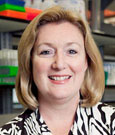
New York University,
USA

London School of Hygiene & Tropical Medicine,
UK
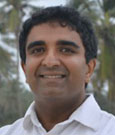
Harvard T.H. Chan School of Public Health
USA
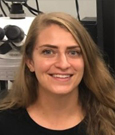
National Institute of Allergy and Infectious Diseases
USA
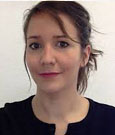
CNRS,
France

Bernhard Nocht Institute for Tropical Medicine,
Germany

Green Lab Associates,
UK

ISGlobal, Spain

ISGlobal, Spain

Medical University Heidelberg, Germany

London School of Hygiene and Tropical Medicine, UK

Wellcome Sanger Institute, UK

University of Glasgow, UK

EMBL Heidelberg
Germany
Date: 18 - 19 May 2020
Location: Virtual